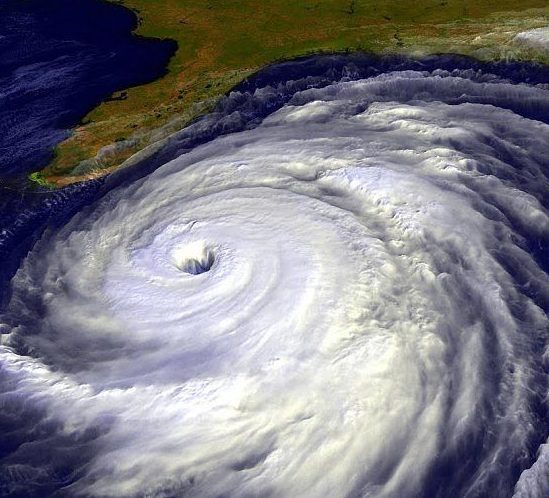
25 Sep Events… a force for good
The devastation caused by Mexico’s massive earthquake last week, and across large parts of the Caribbean and US by Hurricanes Harvey, Irma, Jose and now Maria, serves as a stark reminder of how natural disasters can cause tourism – both business and leisure – to nosedive.
It’s not just natural disasters, but political unrest, terrorist attacks and disease, all of which can strike at any time without warning and have a massive impact on tourism and MICE business. Depending on the scale of the incident, it can take months, and in some cases years for destinations to fully recover.
Somewhat surprisingly, an analysis of what crises can impact tourism destinations, considering disease, environmental disaster, political turmoil and terrorism by the World Travel and Tourism Council (WTTC) revealed that terror attacks have the least impact, with the average recovery time 13 months. But the damage caused to infrastructure by natural disasters can last much longer, as seen in the case of Haiti’s 2010 earthquake (22 months) and Japan’s 2011 earthquake (21 months).
This would suggest that Mexico and many of the hurricane-hit destinations have a long road to recovery ahead. And the role that the MICE industry can have in helping this recovery should not be underestimated.
Aside from the obvious immediate support, for example donating money and supplies, which the industry is always very good at, there are already examples of the practical steps the events industry has taken to positive effect. US magazine Successful Meetings reported earlier this month how post-Harvey, Visit Houston flew in planners who have meetings on the books into Houston to see the city’s recovery for themselves.
Visit Houston President Mike Waterman told Successful Meetings: “We showed them it’s what it was pre-hurricane and convinced them they can safely execute their meeting. It turns pretty quickly into them realising, ‘Wow, this is really the best way we can help Houston recover, bringing our event here’.” So far, Houston has had no cancellations as a result of Harvey, including 13 citywide events still planning to take over Houston between now and December.
Event delegates are more likely to keep travelling than other types of visitors when travel conditions deteriorate. In some destinations affected by incidents, meetings are barely impacted despite overall visitor numbers falling – tourism chiefs for the Côte d’Azur reported that no MICE events were cancelled following the terrorist attacks in Nice in July 2016 – meaning events often kick-start a destination’s recovery. If tourists see a high-profile event taking place, it might make them think again about ruling that destination out.
Rod Cameron, executive director of the Joint Meetings Industry Council, said in an article in Exhibition World earlier this year: “The fact that a city has managed to retain important and usually high-profile events in the face of incidents that may be deterring other visitors has a moderating effect on the overall image of a destination as a place to visit, and projects exactly the right kind of message about a city when it may need it the most.”
While convention bureaus and tourist boards should do everything possible to retain events, brands and their agencies can play a role by supporting and bringing their events to these recovering destinations. A great example of this is MINI UK, which took its annual incentive to Nepal this year.
With the country still recovering from recent natural disasters, The Black Tomato Agency created a programme for MINI that showcased the very best of Nepal and built in in important opportunities to give back to the local communities still reeling from after-effects of the earthquakes.
The event picked up Incentive Programme of the Year at the C&IT Awards last week, which while great for both MINI UK and The Black Tomato Agency, is invaluable in terms of the positive impact it will have on Nepal as a MICE and tourist destination.
Here’s to the sector having an equally positive impact on Mexico, the Caribbean and other destinations recovering from natural disasters or terrorist attacks.

